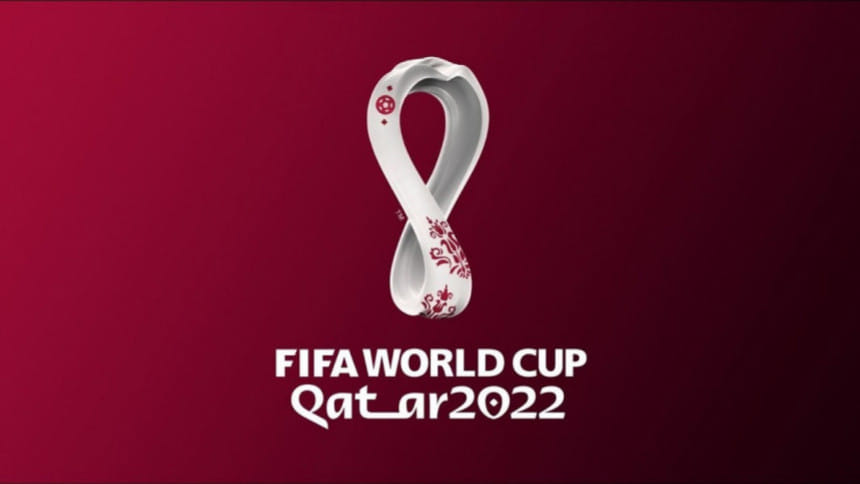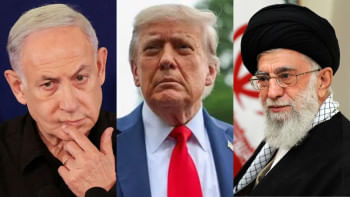Desert Fest: Exciting, but ultimately meaningless

The stage is set. The greatest show on earth is nearing its end and the protagonists are all but ready for the climax as Lionel Messi prepares for his last chance at footballing immortality with Argentina against a formidable France, who have set loose a monster in Qatar in the form of superstar Kylian Mbappe.
While all the excitement and the hype is understandably focused on the grand finale, a second stage is being prepared at the Khalifa International Stadium where, on the eve of the final, losing semifinalists
Croatia and Morocco will lock horns, not aiming for the ultimate glory but to finish third.
For either Morocco or Croatia, the upsetting feeling of going home with consecutive defeats looms large. If not for the third-place play-off, both could have gone home with a euphoric feeling of almost having a shot at glory. But now one of them will take the flight back home with successive losses. And the winner of the contest goes back with the joy of winning a match, no more no less.
But there is a bit more to it. The winner of the third-place contest will walk away with $27 million, $15 million less than what the champions will get as prize money. But what does that actually amount to for players who played in the semifinals of the World Cup just a couple of days ago?
FIFA also do not see it that differently. While the final between Argentina and France will take place at the iconic Lusail Stadium which can pack almost 90,000 people, the Khalifa International Stadium, with only half that capacity, will host the third-place decider.
Portuguese manager Jose Mourinho perhaps encapsulated the whole feeling of playing in the bronze-medal game on the eve of the final.
"In my opinion, this is a game that doesn't make sense," Mourinho said to RT studio in an interview. "I think players, managers, even fans after losing the semi-final they just deserve to go home and have rest and prepare for the next season.
"Nobody likes to play the final of the losers," he added.
To this day, fans and experts alike debate the overall significance or very plainly the achievement of having the all but dead-rubber match, which keeps tired and disappointed losing semifinalists unnecessarily engaged for insignificant distinction.
It is better to finish third than fourth of course, but why go into that contest anyway when there is little at stake?
However, setting aside all the deeper understanding of the bronze-medal duel, these matches, historically, have delivered riveting contests and bang-on entertainment for fans.
With very little in the game, the teams come into the contest pressure-free and with little baggage. Traditionally, this match has seen goals galore and on Saturday fans can expect nothing less.
Four-time champions Germany have finished third a record four times while Poland, France, Sweden, and Brazil have won the bronze-medal match twice.
Uruguay hold the record for featuring in the most number of third-place matches without winning it. They played the bronze-medal match in 1954, 1970, and 2000.
Two-time World Cup winners Argentina and 2010 winners Spain are the only World Cup-winning teams to not have featured in a third-place playoff.
The Croatia-Morocco contest will undoubtedly take centre-stage for their fans and for neutrals it promises to be a good watch, but one that will again raise the question of why such a meaningless game was played again.

 For all latest news, follow The Daily Star's Google News channel.
For all latest news, follow The Daily Star's Google News channel. 



Comments